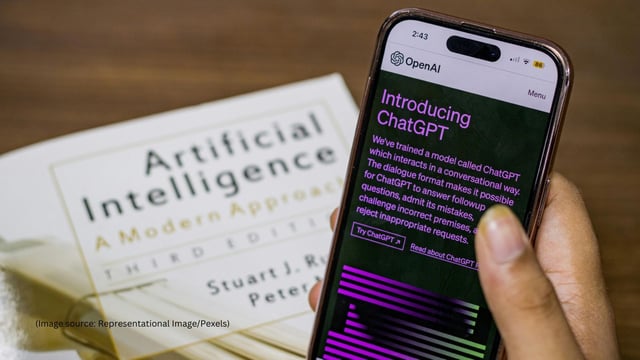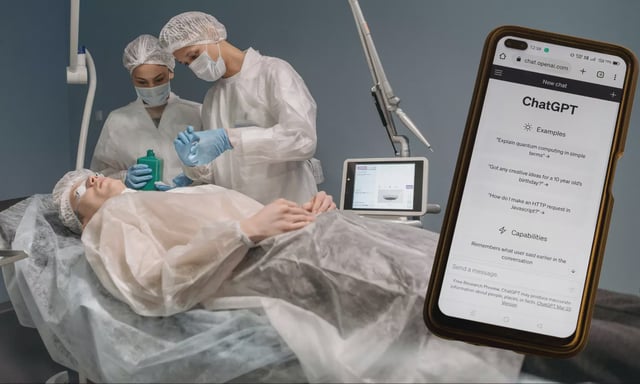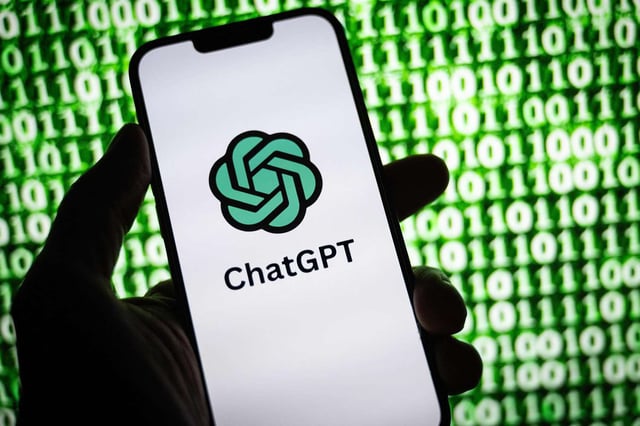Overview
- A 60-year-old man consumed sodium bromide for three months after consulting ChatGPT, leading to bromism and a three-week hospital stay.
- He exhibited paranoia, visual and auditory hallucinations and metabolic imbalances before doctors diagnosed bromide toxicity with lab tests and poison-control consultation.
- Researchers could not retrieve the patient’s original chat logs and discovered that older ChatGPT versions still suggested bromide without explicit health warnings.
- OpenAI reiterated that ChatGPT is not a substitute for medical advice and pledged upcoming updates after outlets reported that new ChatGPT versions now include explicit warnings against toxic suggestions.
- Experts are calling for integrated clinician oversight, automated risk flags and regulatory standards to prevent AI-generated medical misinformation.



